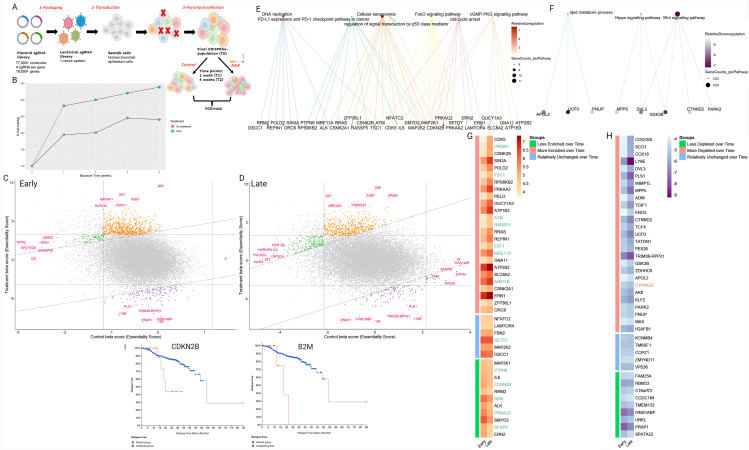
Exploring the molecular landscape of NNK-induced transformation: A comprehensive genome-wide CRISPR/Cas9 screening


Lung cancer is the leading cause of cancer-related deaths worldwide, with an estimated 1.8 million deaths in 2020 alone.1 While several risk factors are associated with lung cancer, smoking remains the most significant environmental cause of the disease.1 One of the most potent carcinogens in tobacco smoke is 4-(methylnitrosoamino)-1-(3-pyridyl)-1-butanone (NNK), which is produced from nicotine through a series of metabolic reactions.1,2 NNK has been shown to cause DNA damage, activate oncogenic signaling pathways, and promote cell proliferation and survival, all of which are hallmarks of cancer development.1 Despite extensive research on the molecular mechanism of action of NNK, direct targets that mediate sensitivity to NNK and contribute to its tumorigenicity remain unknown.
